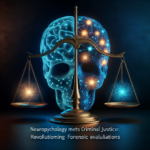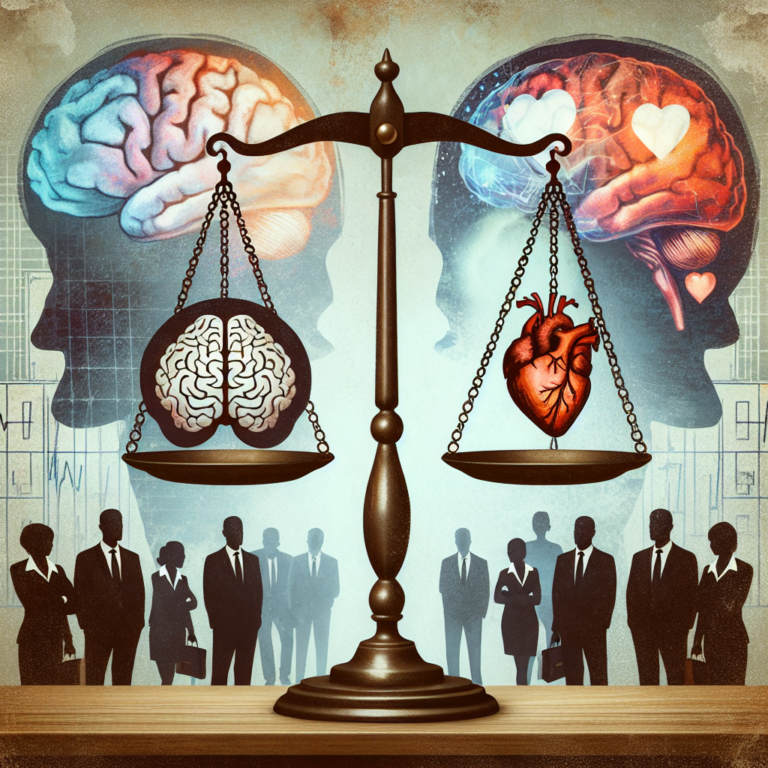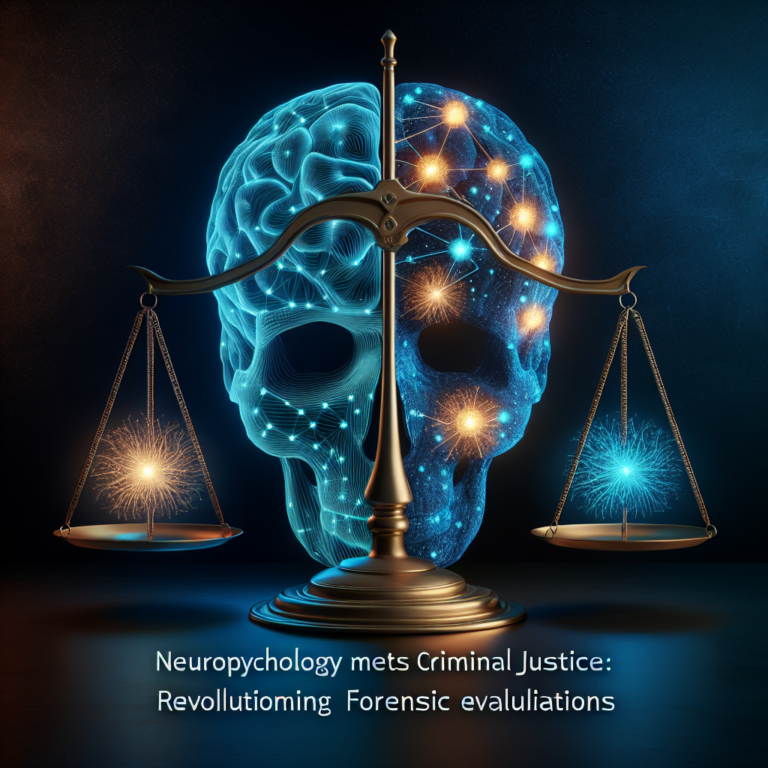
Introduction
In a world that is increasingly interconnected yet culturally diverse, the field of forensic science faces unique challenges, particularly when it comes to evidence collection. The phrase “Forensic Challenges: Understanding Cultural Differences in Evidence Collection” encapsulates the complexities involved in navigating cultural nuances during investigations. As societal norms and values can vary widely across cultures, the methodologies employed in evidence collection must adapt in order to be effective and ethical.
In this article, we will delve deep into the various forensic challenges posed by cultural differences, supported by real-world case studies, data analysis, and practical insights. By addressing these issues, we will enhance the effectiveness of forensic practices while promoting a more culturally sensitive approach to investigations. Prepare to discover how cultural awareness can lead to better evidence collection, improved legal outcomes, and ultimately, justice.
Understanding the Role of Culture in Forensic Science
The Interplay of Culture and Forensics
Culture significantly impacts how individuals perceive law enforcement and forensic science. In some cultures, there may be an inherent distrust of authorities, influencing a willingness to cooperate during an investigation. Understanding these dynamics is paramount for professionals engaged in evidence collection.
Cultural Sensitivity Training: A Necessity
Forensic teams need to undergo cultural sensitivity training, equipping them with skills to navigate complex social landscapes. This training should include the following aspects:
- Language Barriers: Ensuring clear communication, which can often be a hurdle in multicultural settings.
- Non-Verbal Cues: Understanding that gestures and expressions differ widely among cultures.
Training enhances the ability of forensic professionals to collect evidence without bias or misunderstanding.
Real-World Case Studies
Case Study 1: The Murder of Bhiwani’s Daughter
In this high-profile case from India, cultural expectations and biases significantly impacted the investigation. The local authorities faced challenges in interviewing witnesses and gathering evidence due to traditional beliefs surrounding honor and shame.
Analysis: This case demonstrates that understanding local customs and social dynamics can enable forensic teams to approach evidence collection more strategically, fostering cooperation from community members.
Case Study 2: The Interrogation of African American Suspects
In the United States, forensic investigators revealed that historical distrust from the African American community towards law enforcement affected witness testimonies in several high-profile murder cases.
Analysis: The reluctance to cooperate can be addressed through building trust, which in turn can lead to better evidence collection.
Table 1: Impact of Cultural Differences on Evidence Collection
| Cultural Factor | Potential Effect on Evidence Collection |
|---|---|
| Trust in Law Enforcement | Low trust can inhibit cooperation |
| Historical Context | Past mistreatment influences current beliefs |
| Language Barriers | Miscommunications can lead to misinterpreted evidence |
Case Study 3: Indigenous Communities in Canada
Forensic investigations in Indigenous communities often run into unique challenges. There can be cultural expectations around death, mourning, and spiritual beliefs that complicate evidence collection efforts.
Analysis: Engaging with Indigenous leaders and adopting culturally appropriate protocols can help in collecting both physical and testimonial evidence.
The Ethical Dimension of Forensic Work
Gender Roles and Sensitivity
In many cultures, gender roles strongly influence the interaction between forensic professionals and community members. For instance, female victims may prefer to speak to female officers during evidence collection, particularly in cultures where gender segregation is prevalent.
Privacy Concerns
In some cultures, communal living and sense of privacy can create tensions during forensic investigations. Understanding communal values can lead to more respectful and efficient evidence collection strategies.
Psychological Aspects of Cultural Differences
Victim Psychology
The psychological impact of crime varies across cultures. For instance, in collective societies, the shame associated with victimization may lead to underreporting or reluctance to provide information.
Bystander Effects
Cultural contexts can significantly alter bystander behavior. In collectivist societies, individuals may hesitate to intervene or report crimes due to fear of repercussions or societal norms.
Leveraging Technology for Better Outcomes
Cultural Data Analysis
Forensic professionals can use technology to analyze cultural data, potentially flagging biases that could affect evidence collection. This could include statistical methods to assess the socio-economic backgrounds of witnesses and victims.
Virtual Reality Training
Emerging technologies like virtual reality can be an effective tool for training forensic professionals. Simulating culturally diverse scenarios can prepare investigators to handle real-life situations with greater sensitivity.
Legal Implications of Culturally-Informed Forensics
Admissibility of Evidence
Culturally insensitive practices can jeopardize the admissibility of evidence in court. Understanding cultural sensitivities is not merely an ethical obligation but also a legal one.
Juror Perceptions
Jurors from varied backgrounds may interpret forensic evidence differently based on their cultural beliefs. Forensic experts must be aware of these perceptions to present their findings effectively.
Table 2: Legal Considerations in Cultural Evidence Collection
| Legal Aspect | Cultural Impact |
|---|---|
| Evidence Admissibility | Cultural bias affects judgment |
| Jury Diversity | Varied interpretations of evidence |
| Defense Strategies | Consideration of cultural context |
Conclusion
Forensic challenges linked to cultural differences in evidence collection require a nuanced and informed approach. By understanding the significance of cultural context—ranging from traditional customs to communal values—professionals in forensic science can enhance the efficacy of their investigations. Embracing cultural awareness not only leads to more successful evidence collection but also promotes justice and fairness in legal systems.
As we look to the future, integrating cultural sensitivity into forensic protocols will become essential. By doing so, forensic scientists can truly live up to their noble calling of seeking justice for all, regardless of cultural background.
FAQs
1. What are some common cultural challenges faced during evidence collection?
Cultural challenges can include distrust in law enforcement, language barriers, and differing perceptions of privacy and victimization. Addressing these issues is vital for effective evidence collection.
2. How can forensic professionals become more culturally sensitive?
Participating in cultural sensitivity training, engaging with community leaders, and employing culturally appropriate practices can enhance professionals’ sensitivity towards various cultures.
3. Are there legal implications related to cultural differences in evidence collection?
Yes, evidence obtained through culturally insensitive practices may be deemed inadmissible in court, impacting legal outcomes.
4. How can technology help in overcoming cultural challenges in forensics?
Technological tools such as data analysis and virtual reality training can provide forensic professionals with insights into cultural dynamics, enhancing their preparedness for diverse situations.
5. Why is understanding cultural differences important in forensic science?
Understanding cultural differences is essential for effective communication, building trust, and gathering accurate evidence, all of which contribute to fair and unbiased legal outcomes.
This article, emphasizing “Forensic Challenges: Understanding Cultural Differences in Evidence Collection,” strives to be a comprehensive resource for promoting awareness and sensitivity in forensic practice, contributing to a more just and equitable society.















